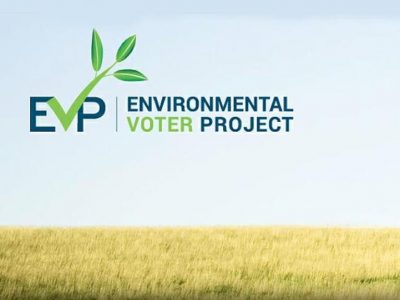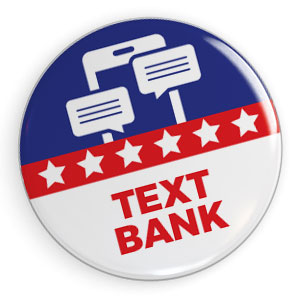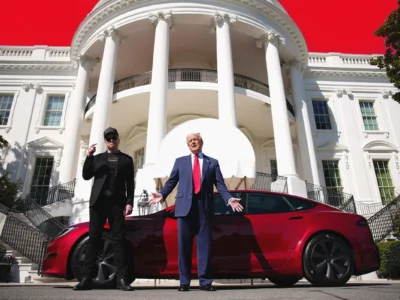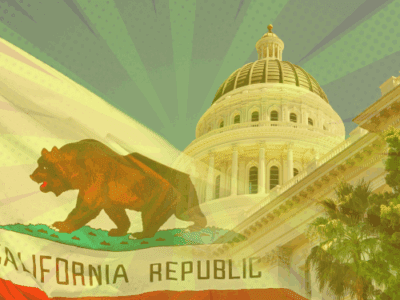Every Day I’m Hustling, Or: What To Do For Earth Day?
Environmental Voter Project’s Election Engagement Is The Best Way To Celebrate The Day
 What to do for Earth Day? For me, the answer is obvious: send 2,000 text messages. That is neither as difficult nor as ridiculous as it sounds. I do it most days, actually.
What to do for Earth Day? For me, the answer is obvious: send 2,000 text messages. That is neither as difficult nor as ridiculous as it sounds. I do it most days, actually.
For the last several weeks I have been volunteering with the Environmental Voter Project, to me one of the most interesting and potentially exciting initiatives in the environmental movement in a while.
EVP’s central theory is that there are hundreds of thousands (if not millions) of potential voters out there who would tend toward an environmental agenda – if they would vote in the first place, which they don’t. So the group has spent a great deal of time – and social science – trying to locate people who don’t vote but with proper outreach can be persuaded to do so.
Thus, canvassing. And under lockdown, phonebanking and textbanking. If you have ever phonebanked or textbanked for a campaign, it is familiar. If you haven’t, the thing to know is that platforms like Hustle (which EVP uses) or Thrutext can literally allow to send hundreds of texts in a minute, with scripts to respond. It’s so easy that even a technological illiterate like myself can do it. And in the last election, EVP persuaded nearly 60,000 people in key swing states to vote for the first time. It was so successful that its effort in 2020 is doubling in size from 2018.
Which leads to two big questions.

First, where’s the environment in all of this? Answer: nowhere, openly. EVP doesn’t push people on environmental issues. It uses analytics to try to figure who are people who are likely to favor pro-environmental candidates. Then it doesn’t talk about the environment: that’s why Grist could refer to it as “tricking you into saving the planet”:
You will find nary a mention of “environment” in anything the EVP does, except for the organization’s name. That is by design. “All the messaging we test is simply focused on one thing: What will increase the likelihood of voting?” EVP founder Nathaniel Stinnett says. “Talking about intricacies of candidates or races or issues doesn’t get the best results, so we don’t.”
It just tries to get people to vote by making it easier for them. Why don’t people vote? They forget. They don’t know where their polling place is. They don’t know how to get an absentee ballot. They don’t know that there is an election (if it is for state or local offices). They didn’t plan ahead and don’t want to drag their kids along. Just staying in touch, reminding them to vote and making it easier for them can make a big difference. (The implications for behavioral economics and nudges are straightforward: EVP outreach changes the “choice architecture” for people). So does using positive, behavioral psychology tested methods.
Second, don’t other campaigns try to do this? What’s the big deal? Simple: EVP isn’t a campaign. It doesn’t endorse candidates. It isn’t partisan. It’s a nonprofit 501(c)(4).
That is big in terms of attracting people who don’t usually vote, because they are turned off by partisanship. If EVP finds someone who is a consistent voter, we don’t contact them because that isn’t the point. The point is new voters.
But also – and this is huge for many Legal Planet readers – it also means that nonprofits can work with EVP. Educational institutions like universities and law schools can have students intern and work with them. Of particular interest to me, it also means that churches and synagogues and other nonprofits can work with them – and not run any risk to their nonprofit status.
Put another way, if people in nonprofits want to be involved in an election, legally, then there is no better way to do it than through EVP. Which is why I’m texting today. And tomorrow. And pretty much every day, for the next 196 days.







Reader Comments